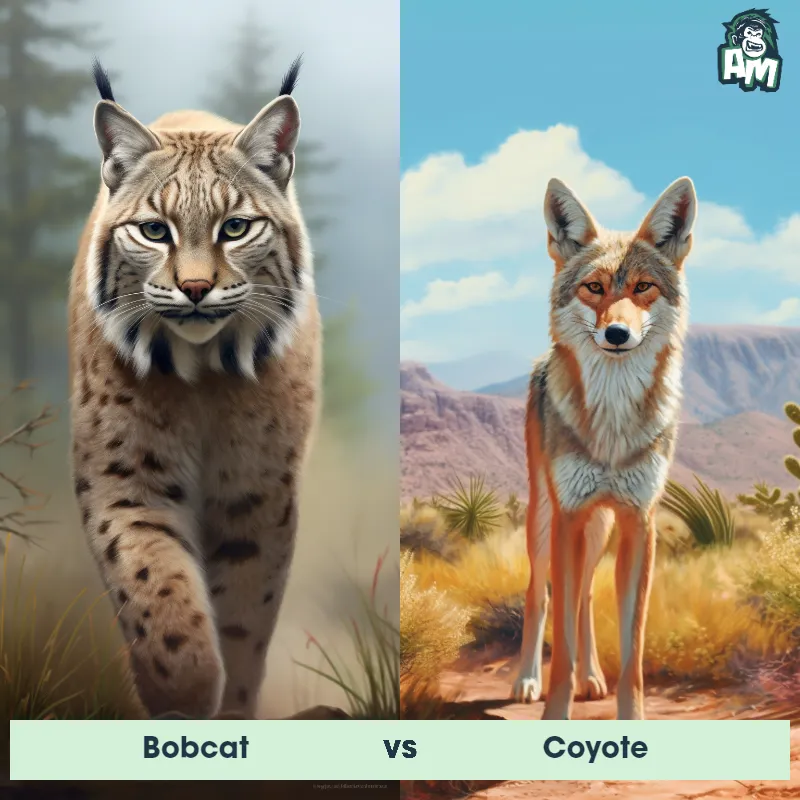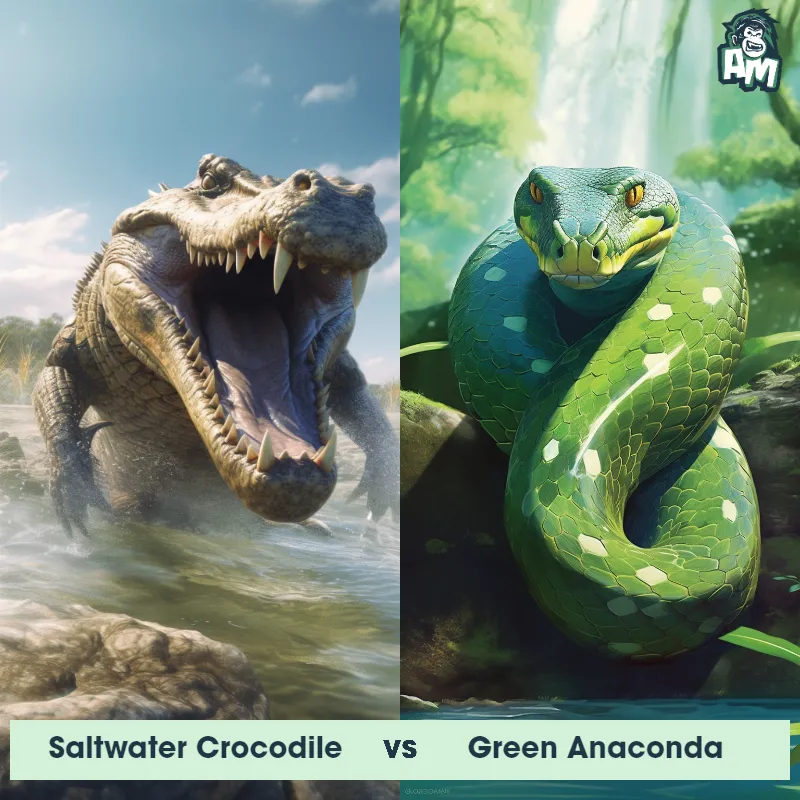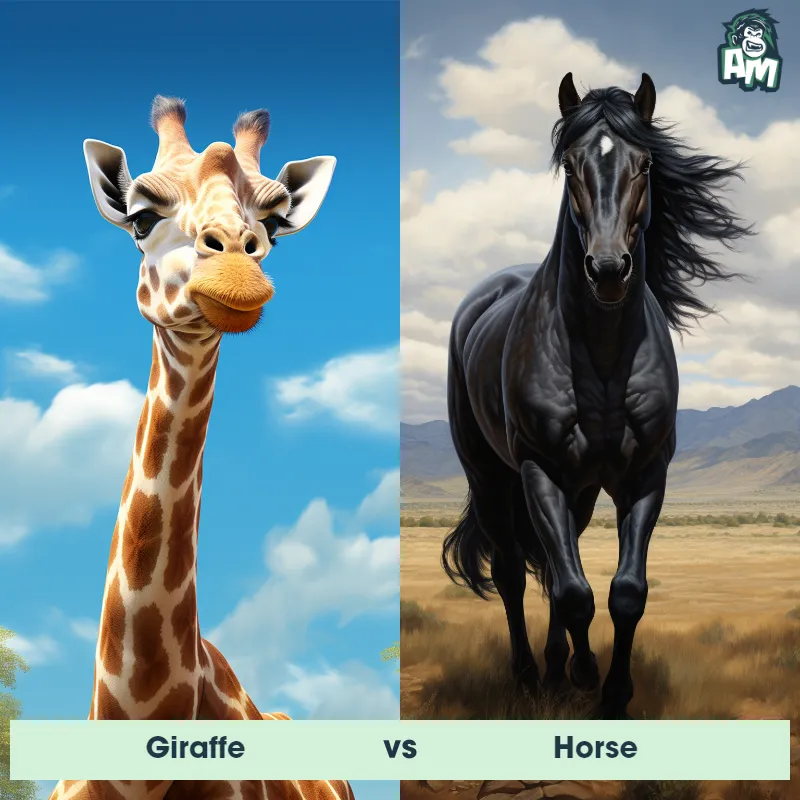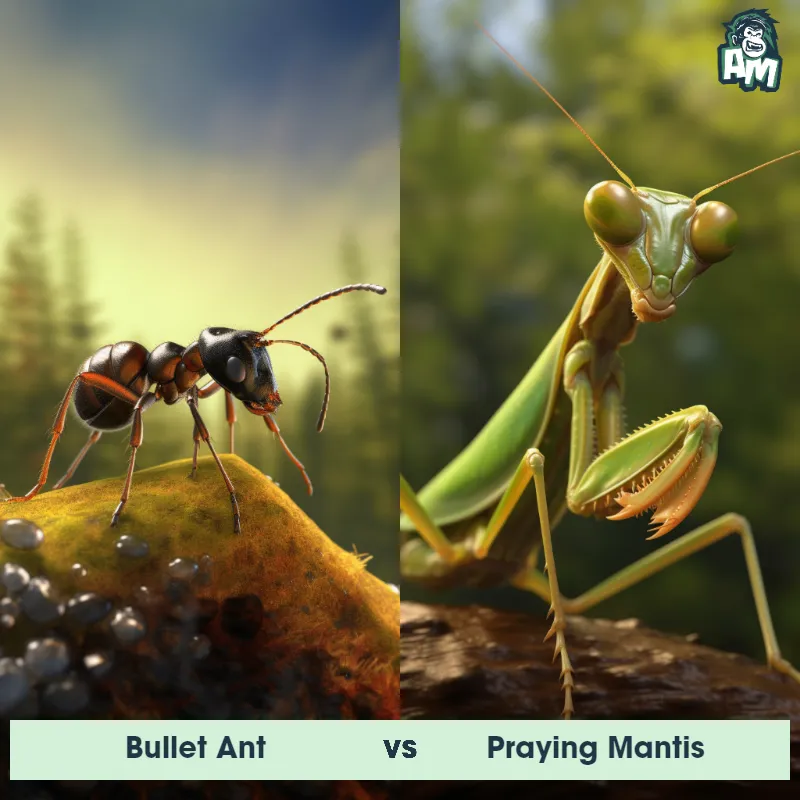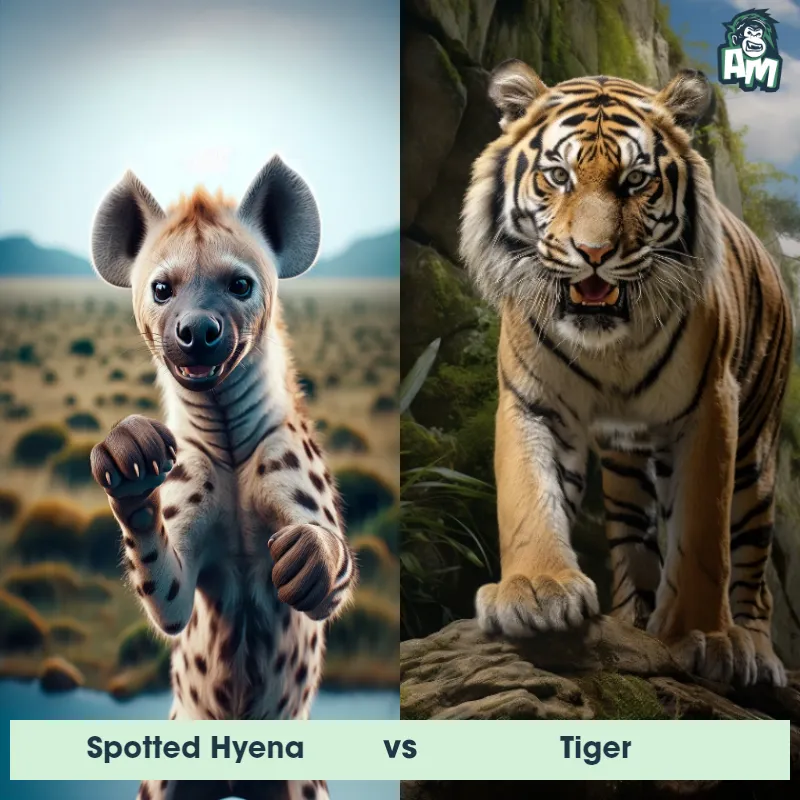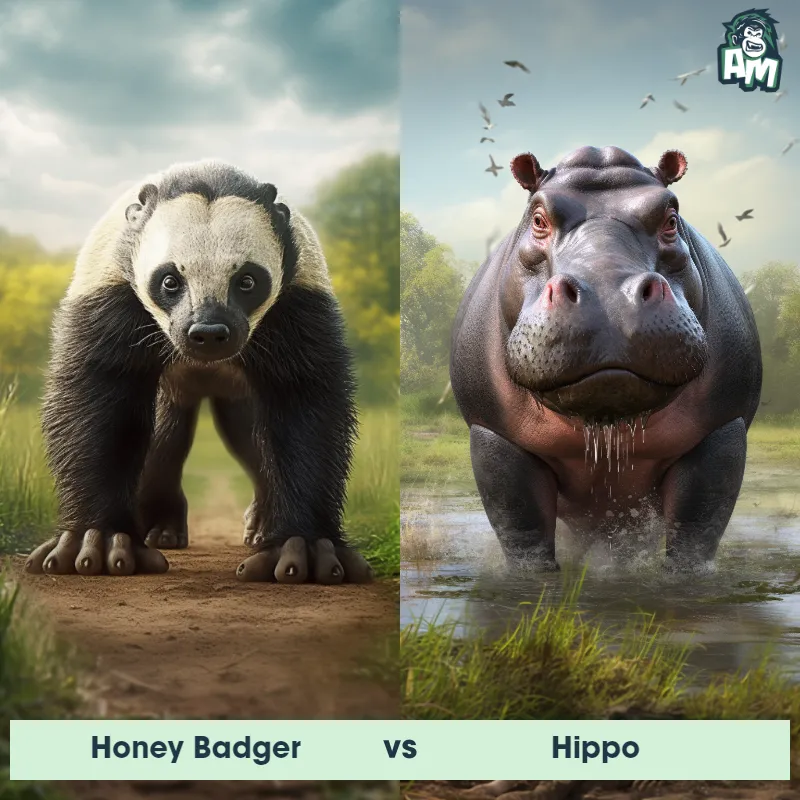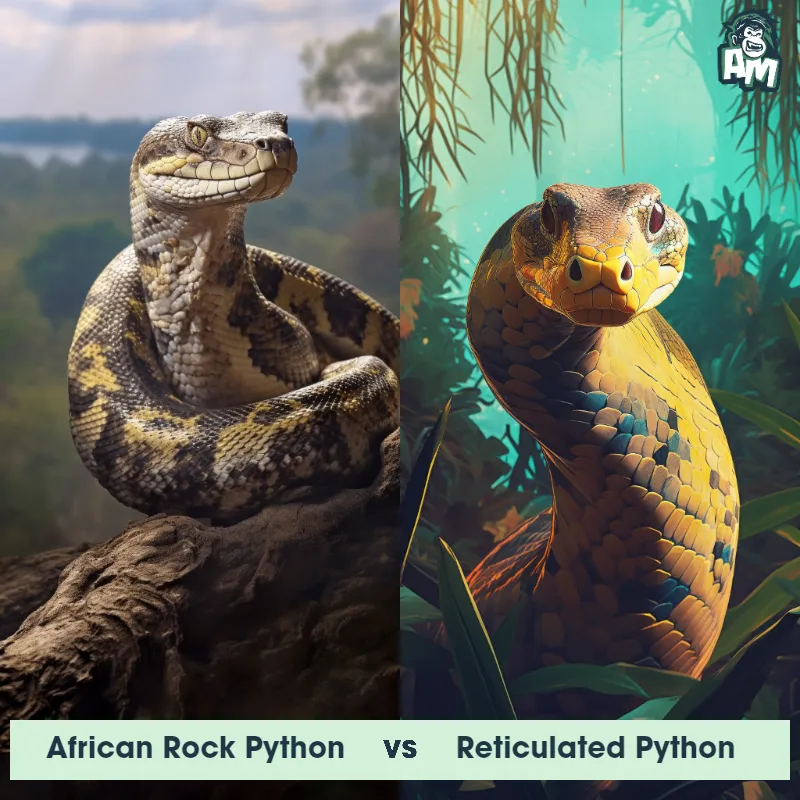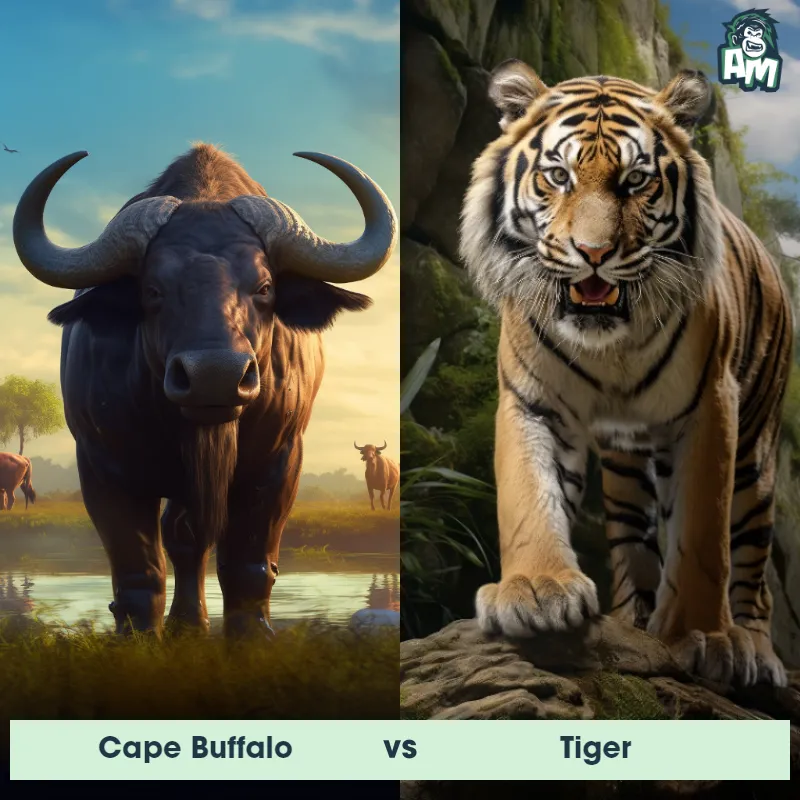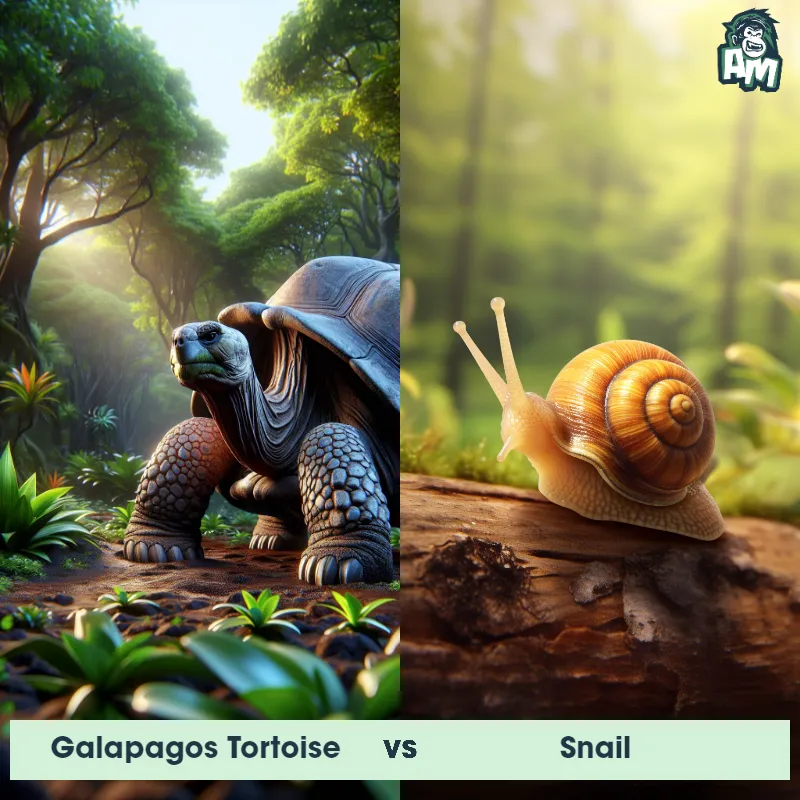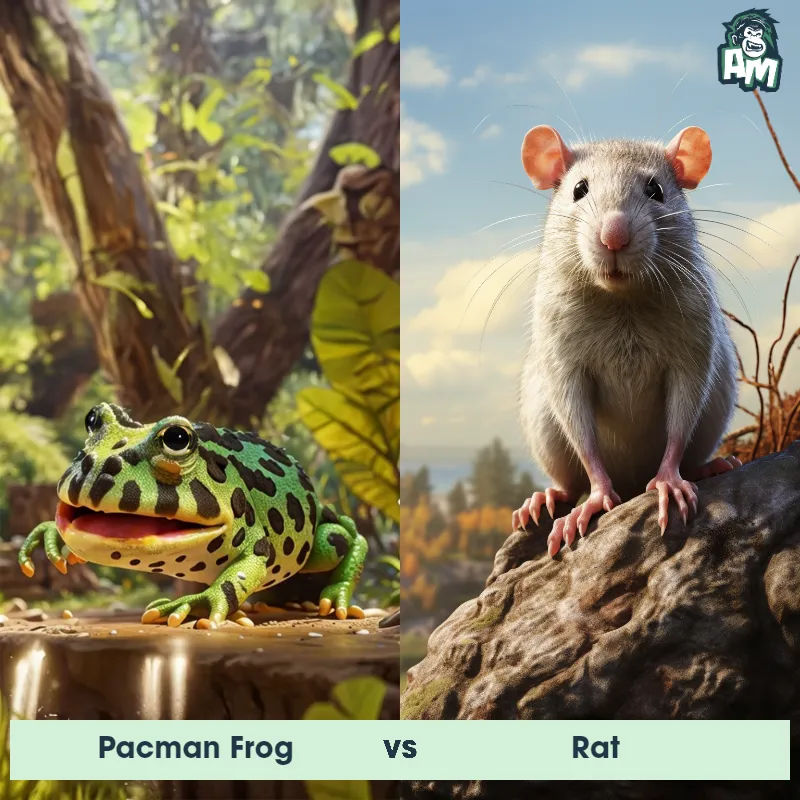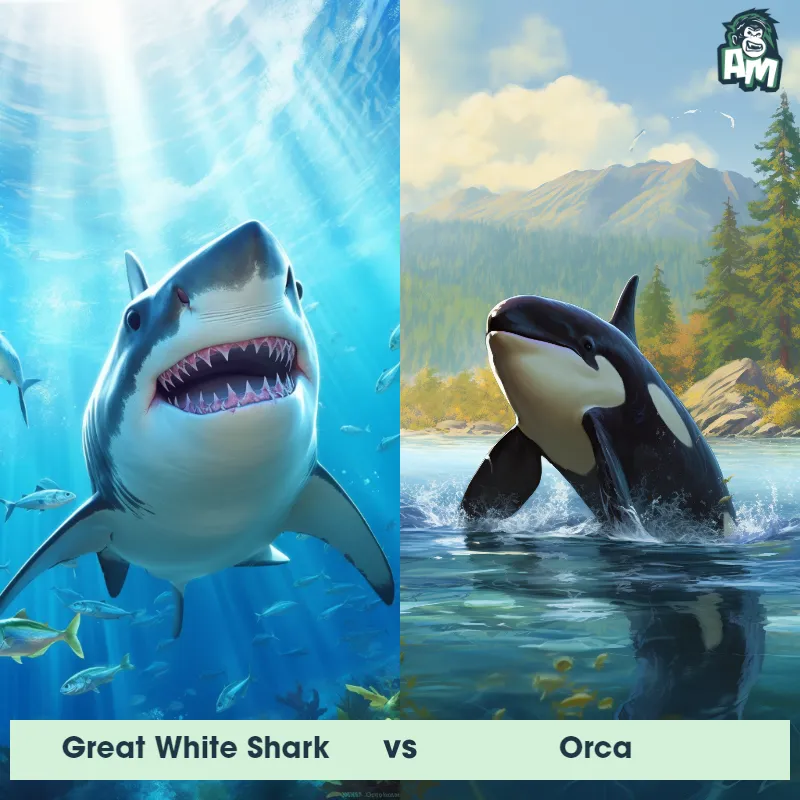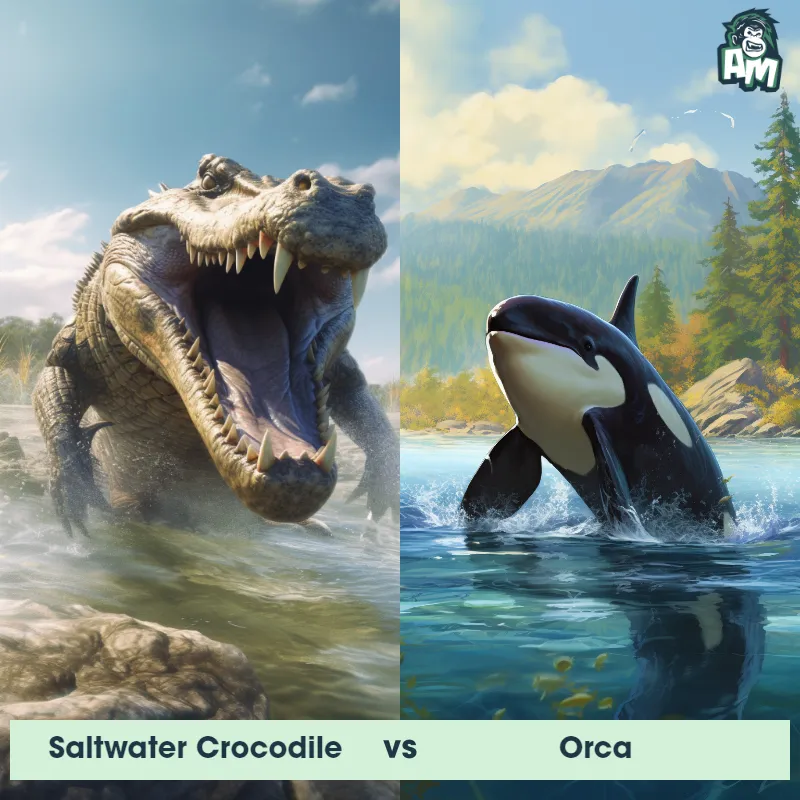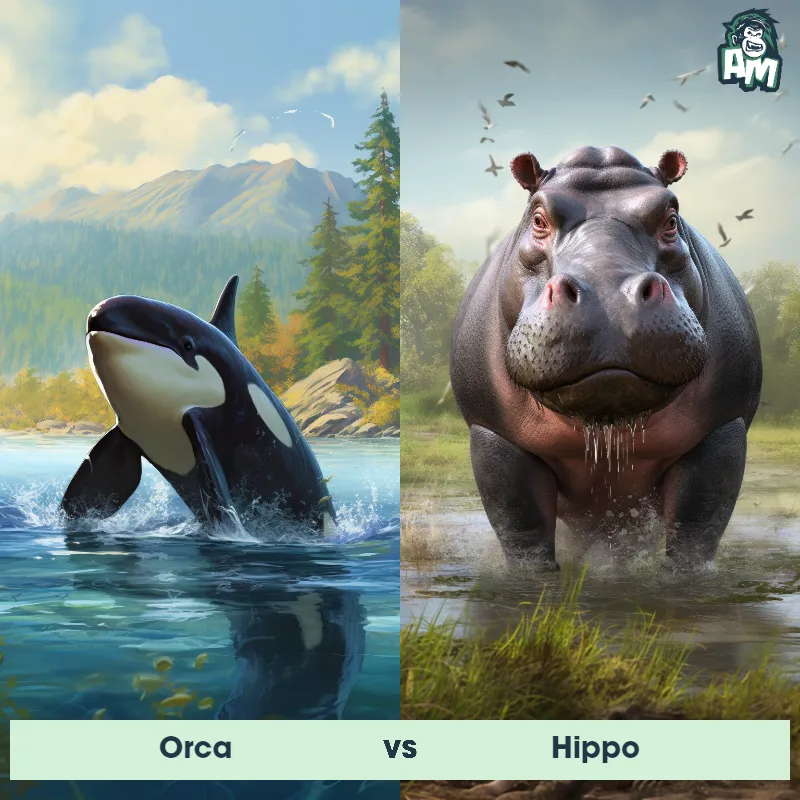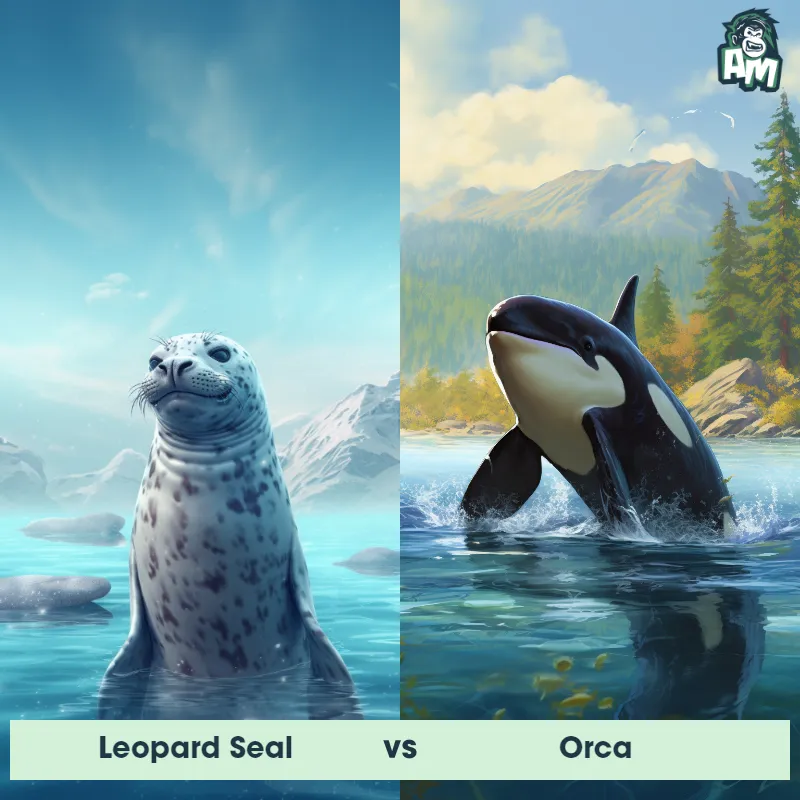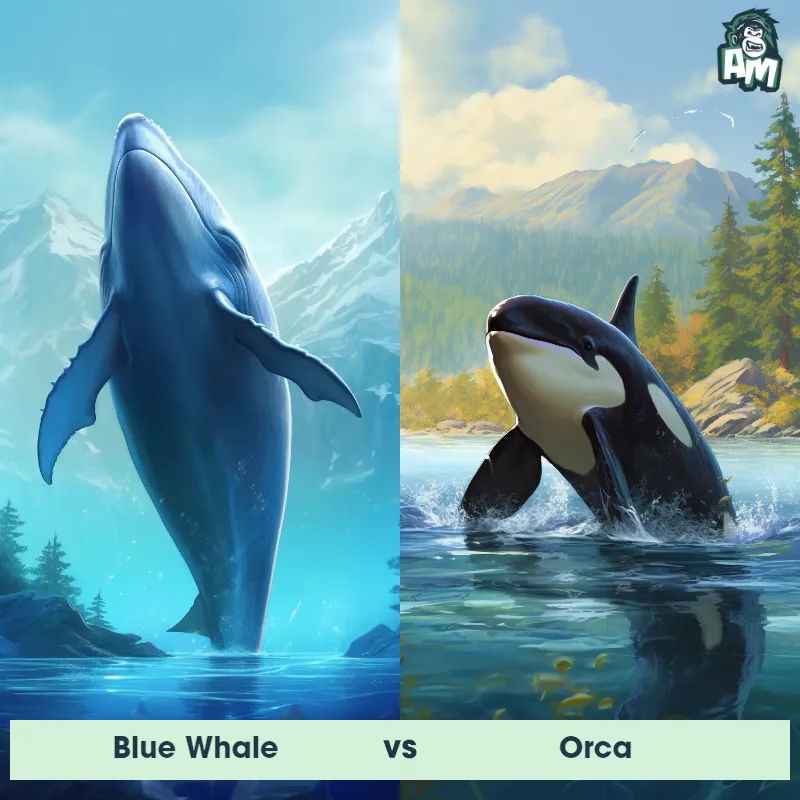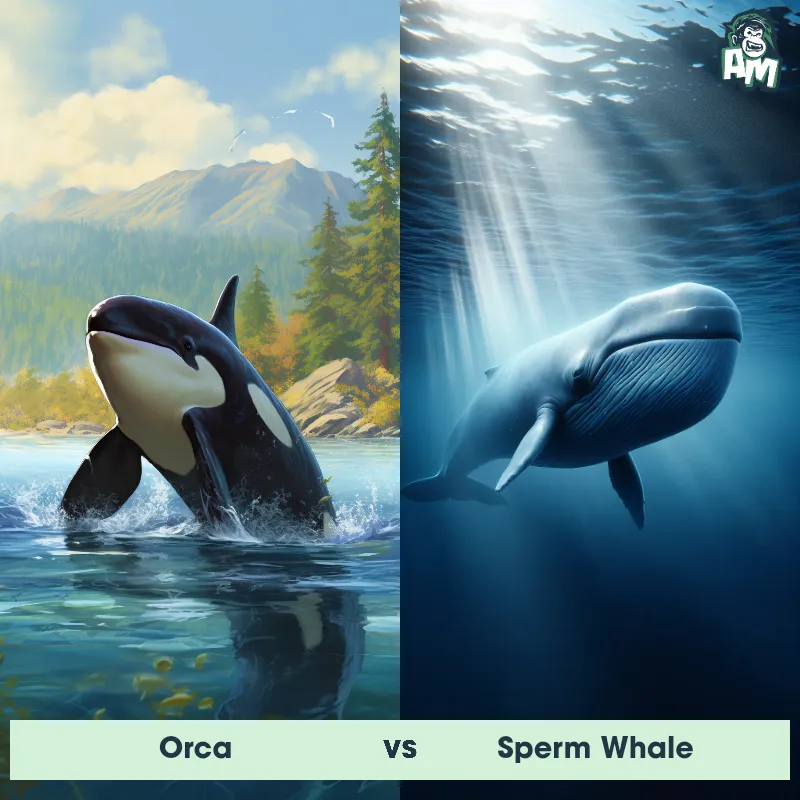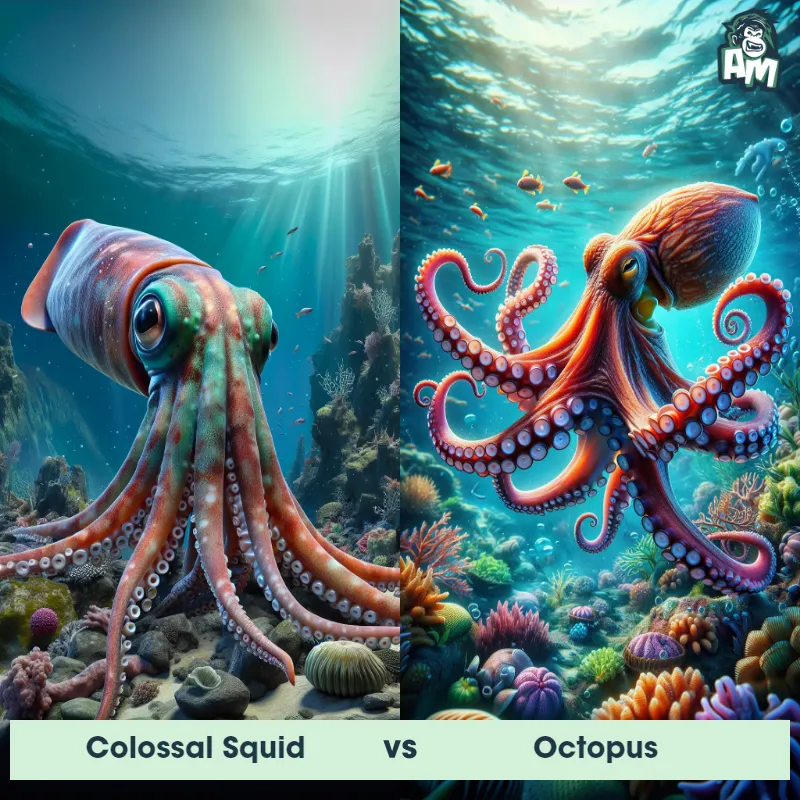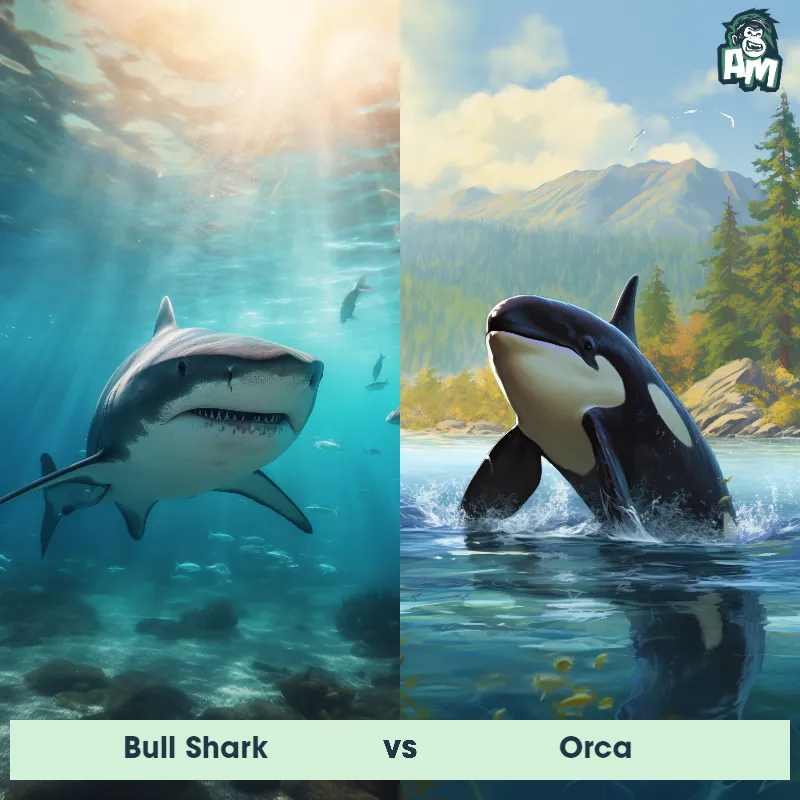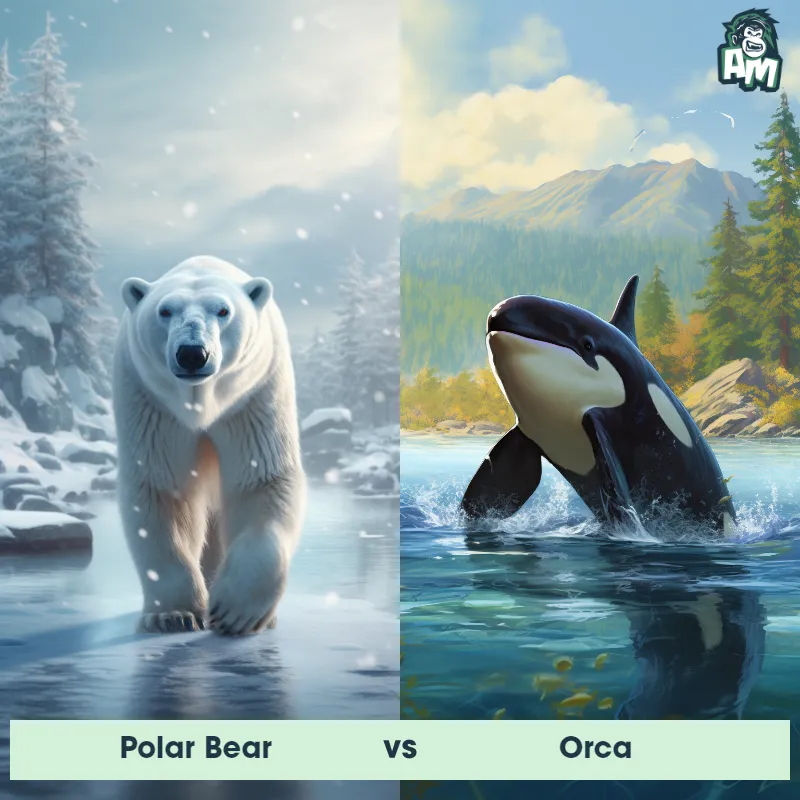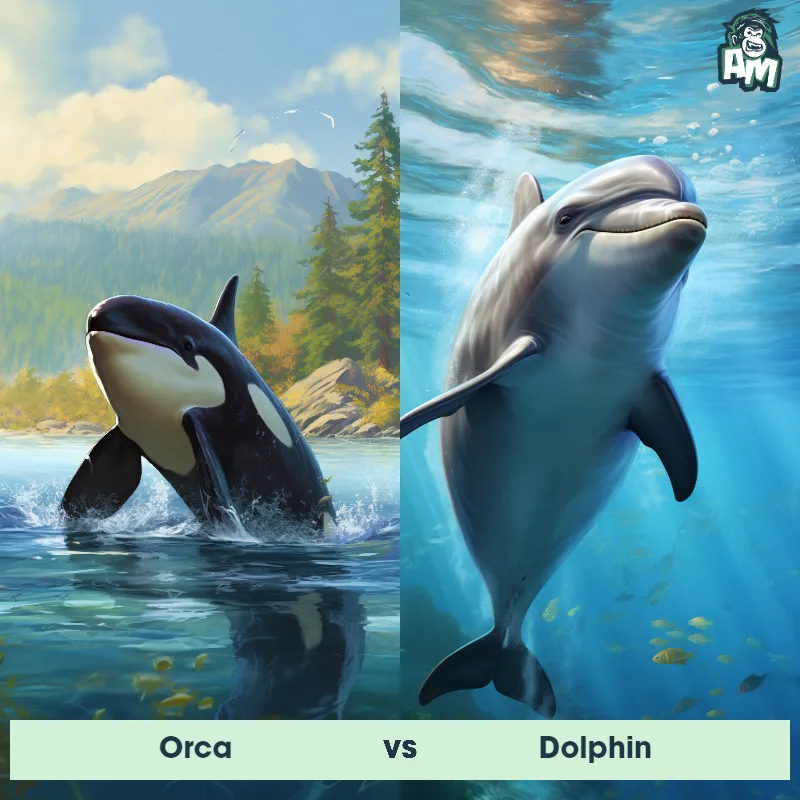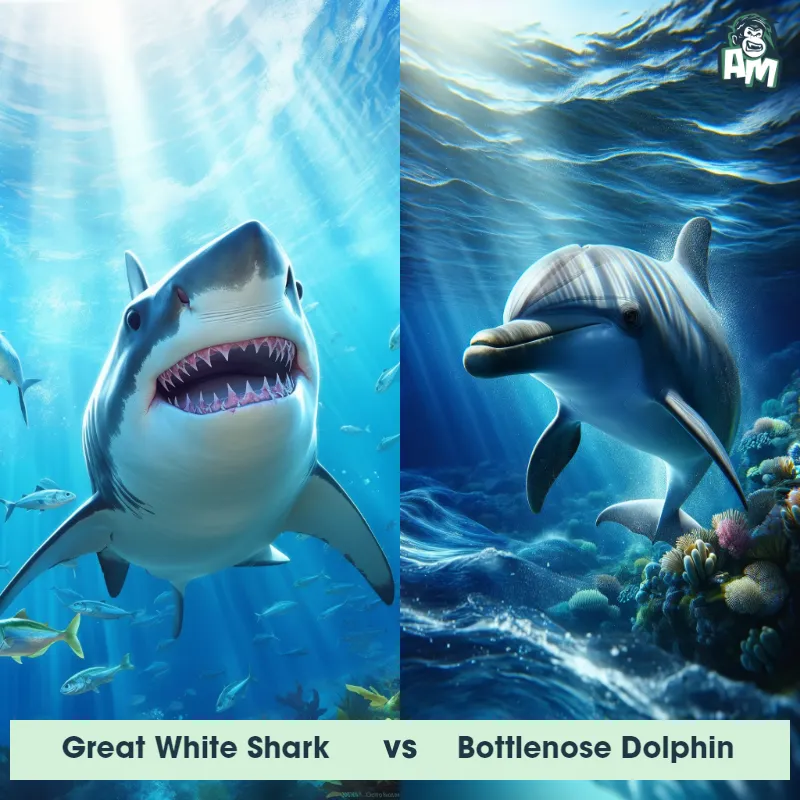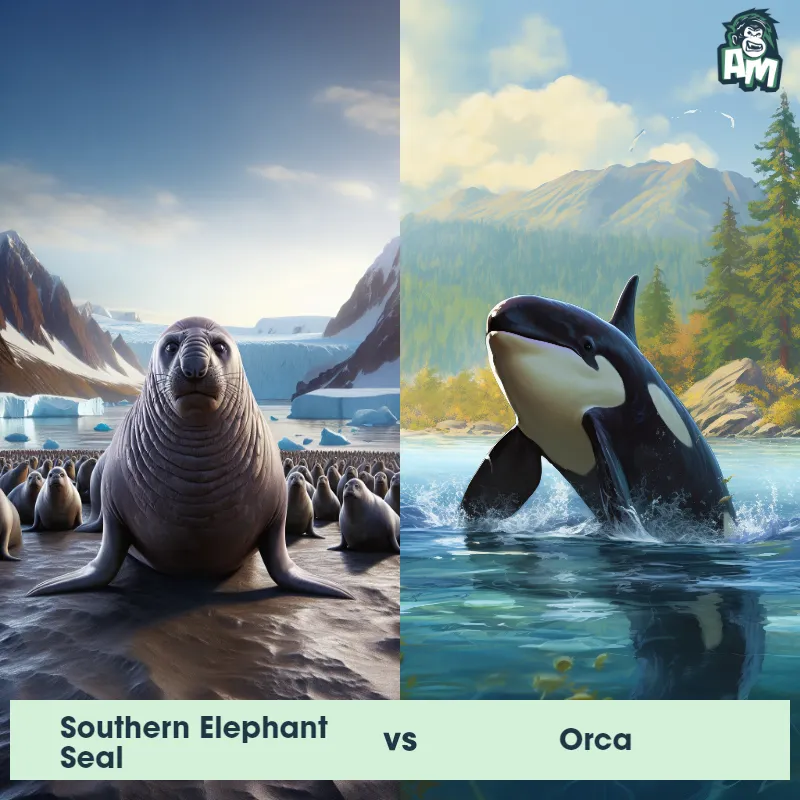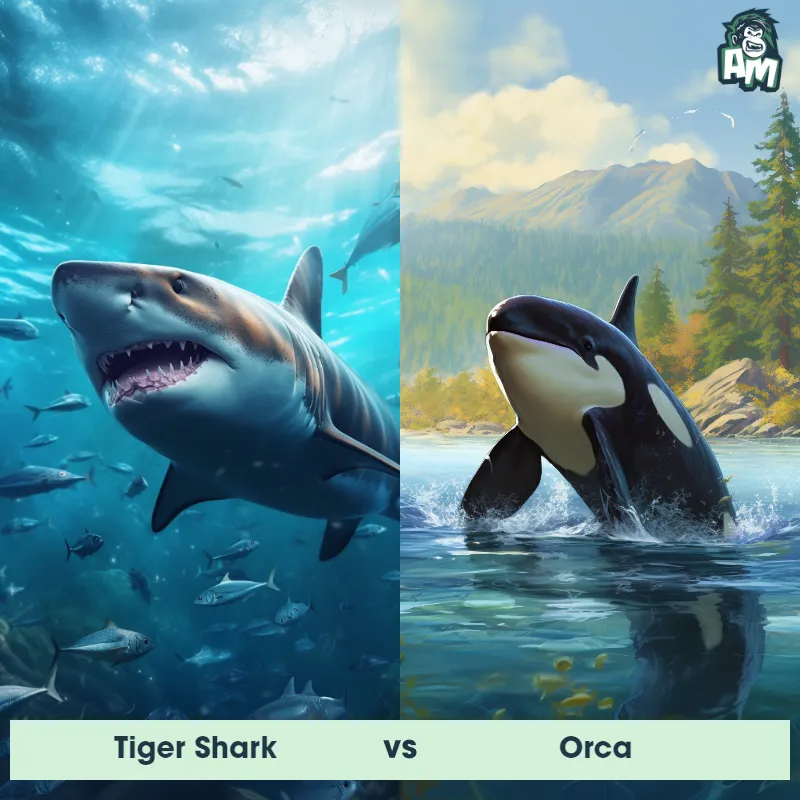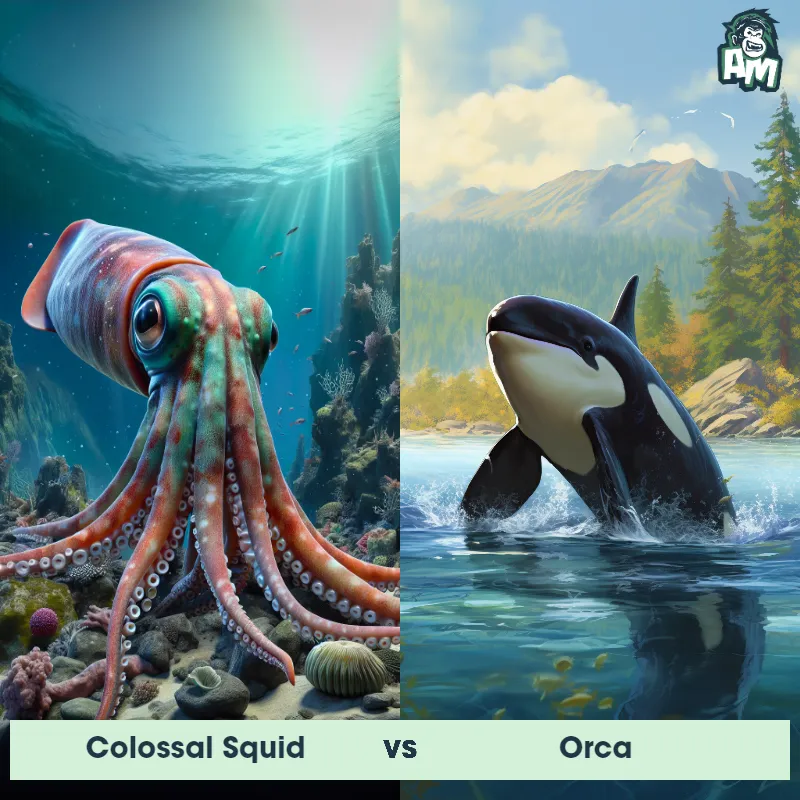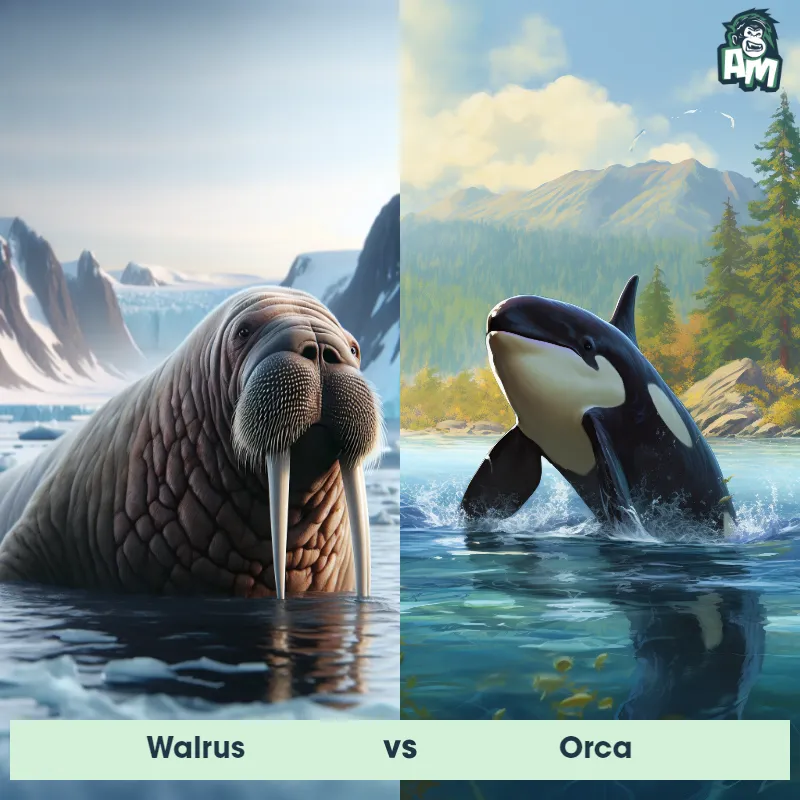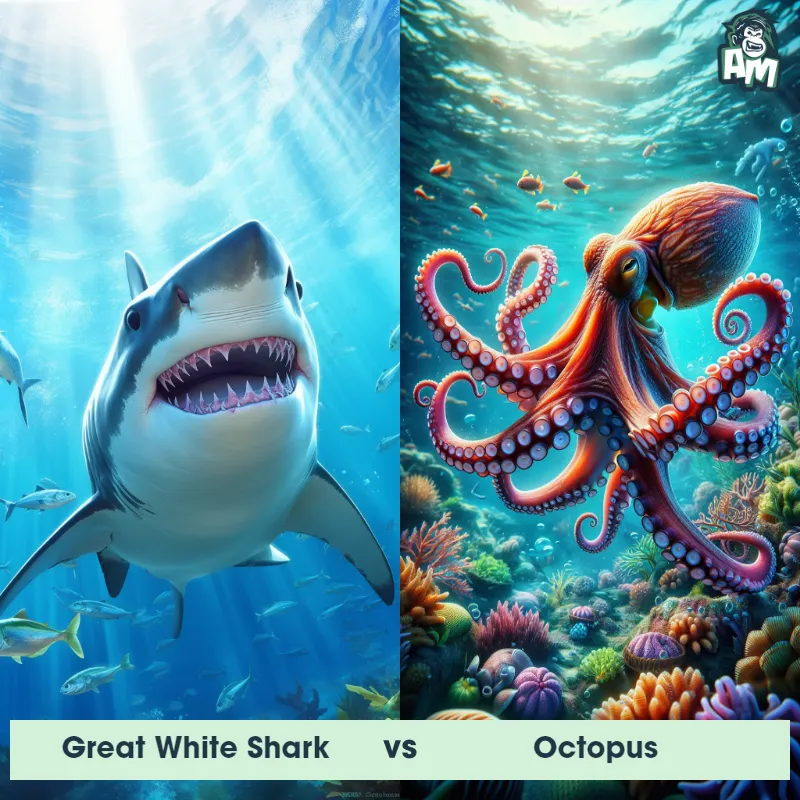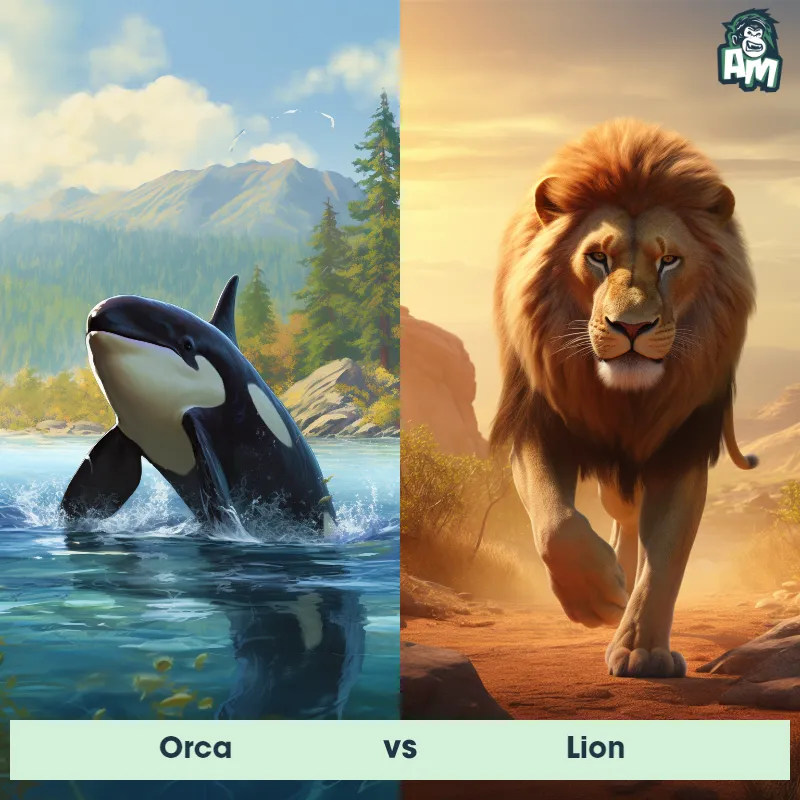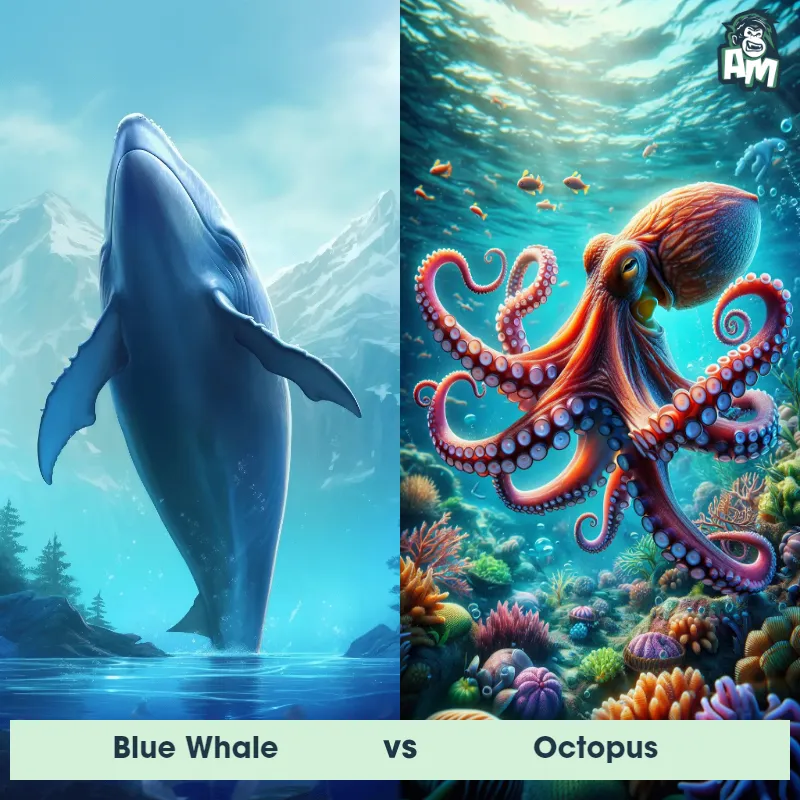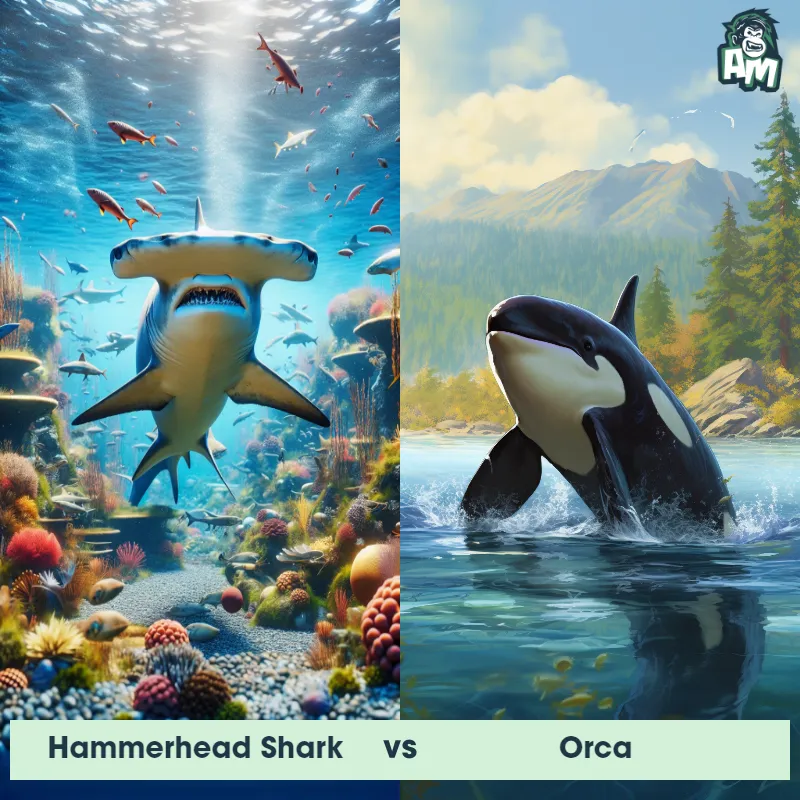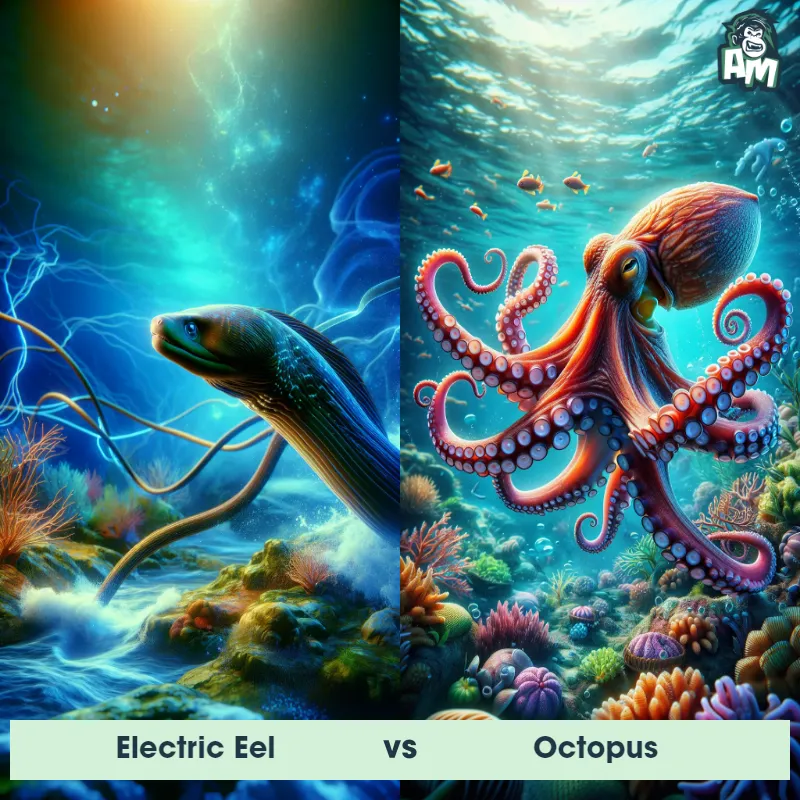Octopus vs DolphinSee Who Wins

Ladies and gentlemen, welcome to another thrilling matchup between two incredible creatures of the ocean! In one corner, we have the agile and intelligent dolphin, known for its sleek moves and incredible speed. And in the opposite corner, we have the cunning and flexible octopus, ready to showcase its powerful tentacles. Get ready for a battle like no other as these fascinating creatures go head-to-head in a three-round fight!
Contender 1: Octopus
The octopus is a fascinating marine creature known for its rounded body, large eyes, and eight long arms lined with suckers. They belong to the class of mollusks known as cephalopods and are widely regarded as the most intelligent invertebrates. The octopus's skin color and texture can change dramatically, a trait used for both communication and camouflage. Octopuses are carnivorous, feeding mainly on crabs, shrimp, and other small sea creatures.
Fun Fact: Octopuses have three hearts; two pump blood to the gills, while the third pumps it to the rest of the body.
Contender 2: Dolphin
The Dolphin is a highly intelligent marine mammal known for its playful and sociable behavior. They belong to the family Delphinidae and are characterized by their streamlined bodies, prominent dorsal fins, and bottle-shaped noses. Dolphins have a smooth, rubbery skin that is typically gray with lighter undersides, and they vary greatly in size depending on the species. They are well-known for their acrobatic displays, leaping high out of the water, and riding swells and waves.
Fun Fact: Dolphins have a unique way of communicating and navigating their environment through echolocation, emitting a series of clicks and listening to the echo to determine the location and shape of nearby items.
Matchup Stats
| Octopus | Dolphin | |
|---|---|---|
| Size | 6–24 inches (15–60 cm) in body length; arms up to 13 feet (4 m) span | 6-12.5 feet (1.8-3.8 meters) |
| Weight | 0.05 to 600 pounds (0.02–272 kilograms) | 330-440 lbs (150-200 kg) |
| Speed | 25mph (40km/h) | 22mph (35km/h) |
| Key Strength | High intelligence, ability to change skin color and texture for camouflage, and use of ink for defense | Intelligence and speed |
| Biggest Weakness | Soft body with no skeletal structure, making them vulnerable to larger predators | Limited mobility on land |
Current Votes
Octopus vs Dolphin
See Who Wins
View More Matches
Looking For More?
Similar Matches
Scientific Stats
| Octopus | Dolphin | |
|---|---|---|
| Scientific Name | Octopoda | Delphinus delphis |
| Family | Octopodidae | Delphinidae |
| Habitat | Marine environments, from shallow coastal waters to deep-sea trenches | Ocean and Seas |
| Geography | Worldwide, in all oceans | Worldwide, mostly in shallow seas of the continental shelves |
| Diet | Carnivorous, feeding mainly on crabs, shrimp, and other small sea creatures | Fish and Squid |
| Lifespan | 1 year - 5 years | 20 years - 60 years |
Key Differences between Octopus and Dolphin
- Body Features: The eyes of an octopus are located on the sides of its head, while dolphins have forward-facing eyes that provide them with binocular vision, aiding their hunting and social interactions.
- Skin Texture: Octopuses have a soft and often bumpy skin texture, which allows them to squeeze through small crevices. Dolphins have smooth, rubbery skin that is streamlined for swimming.
- Appendages: Octopuses have eight flexible arms equipped with suckers, which they use to manipulate objects and catch prey. Dolphins, on the other hand, have two pectoral flippers and a large, powerful tail fluke that they use for swimming and maneuvering in the water.
- Color and Camouflage: Octopuses are known for their ability to change color and camouflage themselves to match their surroundings, making them highly adaptable visually. Dolphins, on the other hand, typically have a distinctive color pattern, often with dark gray or blueish topsides and lighter undersides.
- Shape: Octopuses have a soft body with eight arms and a bulbous head, whereas dolphins have streamlined bodies with a dorsal fin, flippers, and a long snout.
- Size: Octopuses are generally smaller than dolphins, with most octopuses measuring between 1 to 2 feet in length, while dolphins can reach lengths of up to 30 feet.



